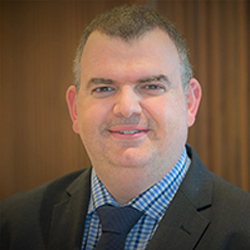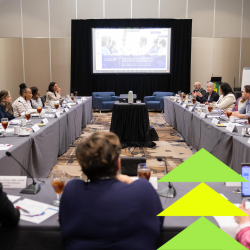It’s probably time to remove the cookie-cutter mentality from your clinical trials operational tool kit. Specifically, it’s important to note that not all solutions are “one size fits all,” and each organization or project team needs to implement a “fit for purpose” model for each study, says Vatche Bartekian, president of Vantage BioTrials Inc. He adds, “After all, in my own 23-year career, I’ve never seen two studies which were ever exactly alike.”
However, that doesn’t mean some of the same problems and challenges don’t keep cropping up over and over, Bartekian says. “Clinical trial performance data continue to show, in a not-so-promising and alarming trend, that project success remains out of reach for many sponsors due to a multitude of factors, including lack of process coordination, communication shortfalls, participant recruitment/retention challenges, and loss of budgetary control,” he explains.
Clinical trial practitioners shouldn’t be surprised by these trends, Bartekian says. “Many of us know what to look out for in terms of high-risk indicators for our projects,” he notes. “However, we often get overwhelmed with the amount of risk indicators we have to keep track of and pay attention to on an ongoing basis.”
This means that it “is crucial to implement the right sort of tools to help along the way, whether it’s a series of robust standard operating procedures or electronic systems, or a combination of both,” he adds.
Deconstruct Your Clinical Trial to Plan a Positive Outcome: Effective Planning and Communication Strategies
Join Bartekian on July 20 for this ACRP Webinar, free for ACRP Members! Learn key elements behind the madness of planning a clinical trial, best practices for budgeting a clinical study, and how to communicative effectively to minimize risk and gain fluidity in operations.
Bartekian is a big advocate of developing project planning strategies which implement effective communication techniques, set clear objectives/timelines, define resources, and identify potential project pitfalls early on with continuous risk mitigation.
He also calls on sponsors to communicate their own internal processes and “must haves” for projects, so that their contract research organization of choice completely understands all expectations prior to launching the project.
Author: Michael Causey



